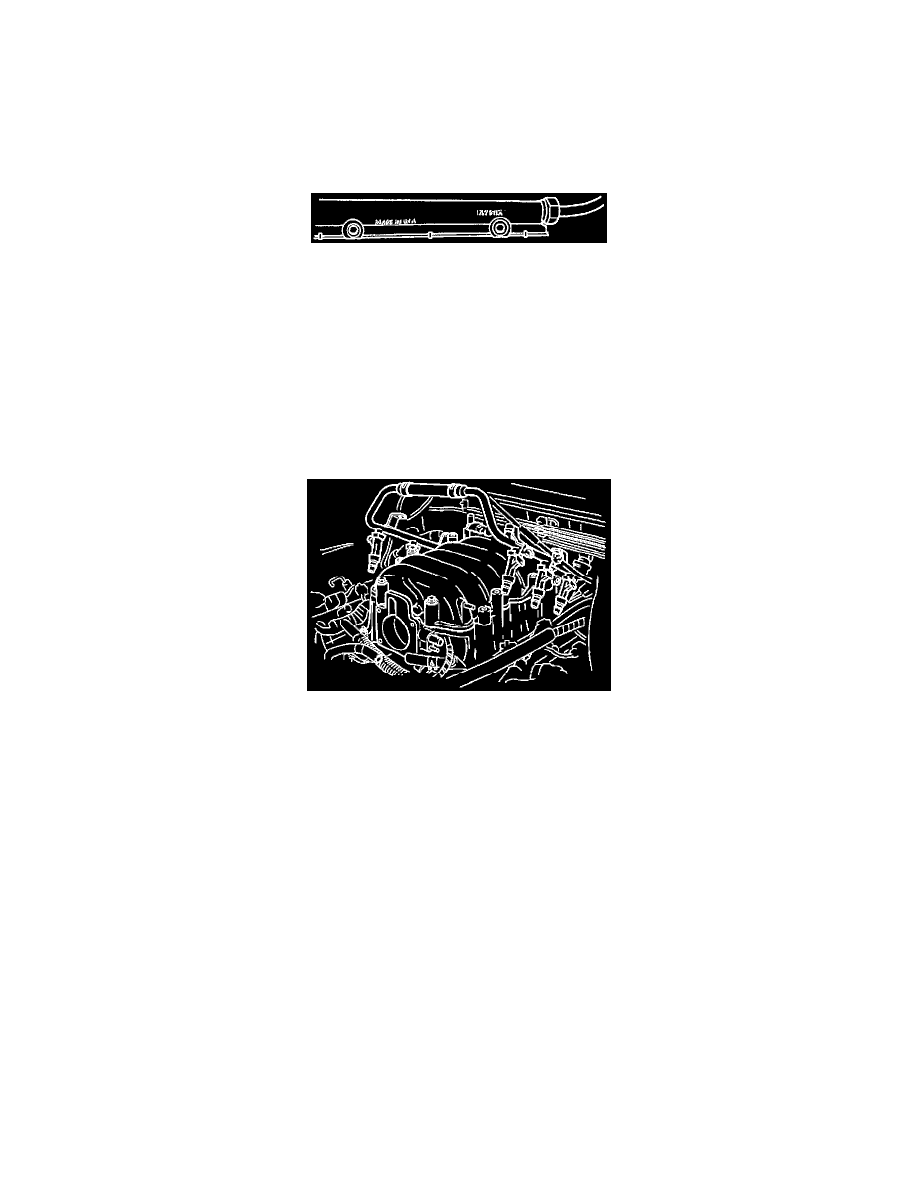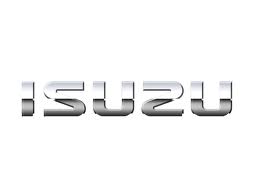Trooper LS V6-3.5L (1998)

Fuel Rail: Service and Repair
Removal Procedure
NOTE:
-
Do not attempt to remove the fuel inlet fitting on the fuel rail. It is staked in place. Removing the fuel inlet fining will result in damage to the fuel
rail or the internal O-ring seal.
-
Use care when removing the fuel rail assembly in order to prevent damage to the injector electrical connector terminals and the injector spray tips.
-
Fittings should be capped and holes plugged during servicing to prevent dirt and other contaminants from entering open lines and passages.
IMPORTANT: An eight-digit identification number is stamped on the side of the fuel rail. Refer to this number when you service the fuel rail or
when a replacement part is required.
Before removal, the fuel rail assembly may be cleaned with a spray type engine cleaner. Follow the spray package instructions. Do not immerse the
fuel rails in liquid cleaning solvent.
1. Depressurize the fuel system. Refer to Fuel Pressure Relief.
2. Disconnect the negative battery cable.
3. Remove the engine cover.
4. Disconnect the accelerator pedal cable from throttle body and cable bracket.
5. Disconnect the connectors from manifold absolute pressure sensor, solenoid valve, electric vacuum sensing valve.
6. Disconnect the vacuum hose on canister VSV and positive crankcase ventilation hose.
7. Remove the common chamber. Refer to the common chamber in Engine Mechanical.
1. Lift up carefully on the fuel injectors. Do not separate the fuel injectors from the fuel rail.
2. If an injector becomes separated from the fuel rail, the infector O-ring seals and the retainer clip must be replaced.
3. Drain residual fuel into an approved container.
8. If removal of the fuel pressure regulator is necessary, refer to Fuel Pressure Regulator.
9. If removal of the fuel injectors is necessary, refer to Fuel Injectors.
Installation Procedure
1. If the fuel injectors were removed, install them. Refer to Fuel Injectors.
2. If the fuel pressure regulator was removed, install it. Refer to Fuel Pressure Regulator.
3. Install the common chamber.Refer to common chamber in engine Mechanical.
4. Connect the vacuum hose on Canister VSV and positive crankcase ventilation hose.
5. Connect the connectors to manifold absolute pressure sensor, solenoid valve, electric vacuum sensing valve.
6. Connect the accelerator pedal cable to throttle body and cable bracket.
7. Install the engine cover.
8. Connect the negative battery cable.
9. Crank the engine until it starts. Cranking the engine may take longer than usual due to trapped air in the fuel rail and in the injectors.
